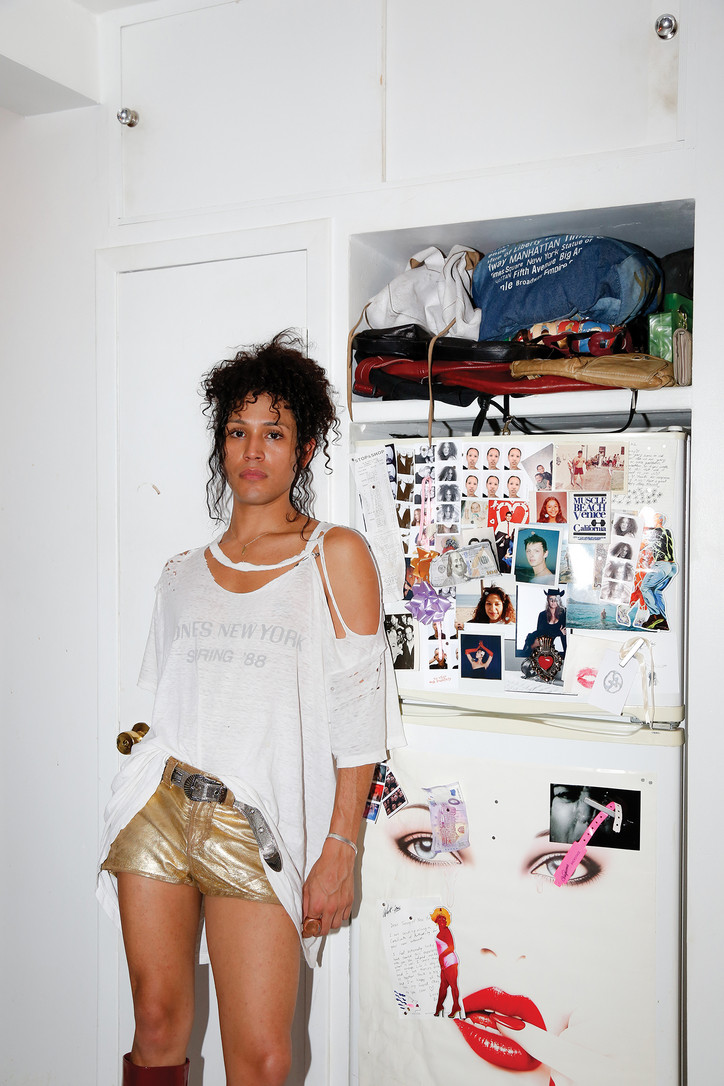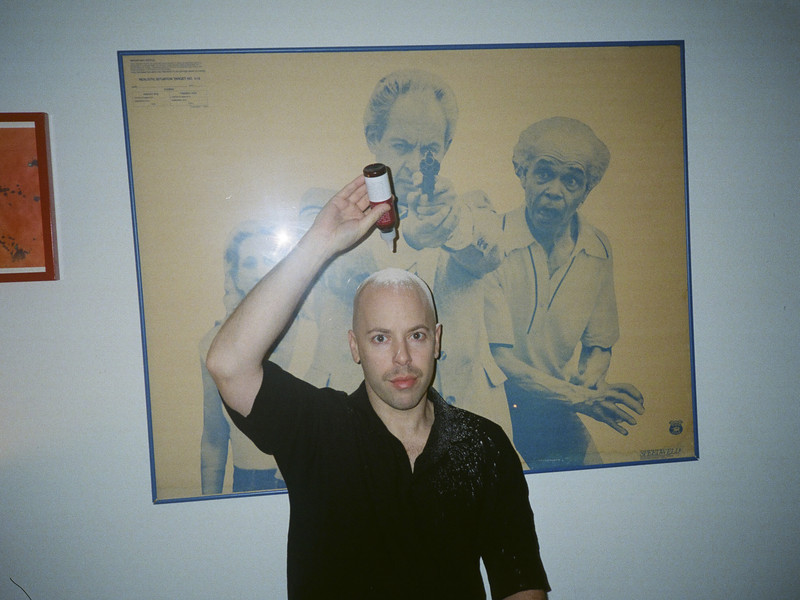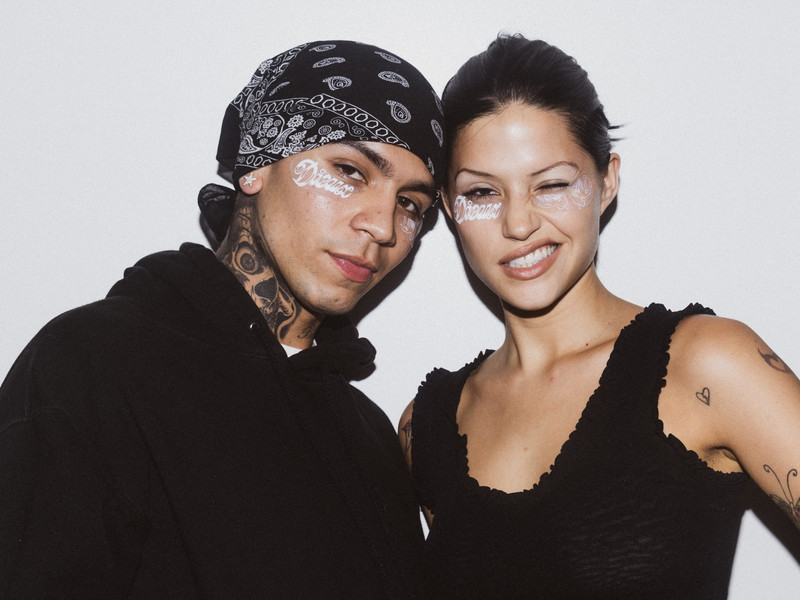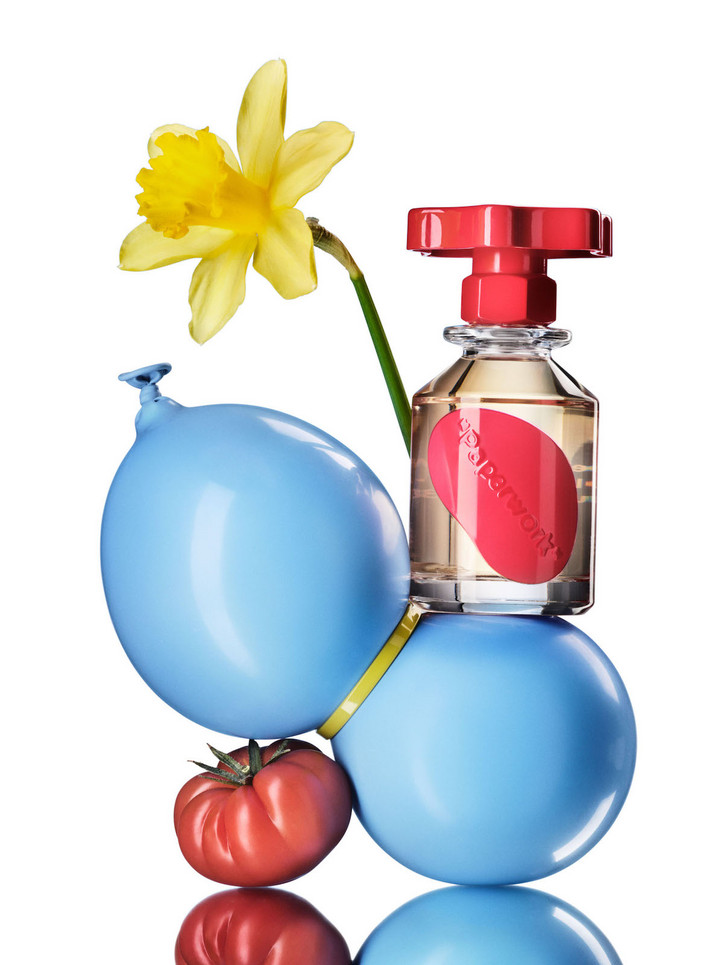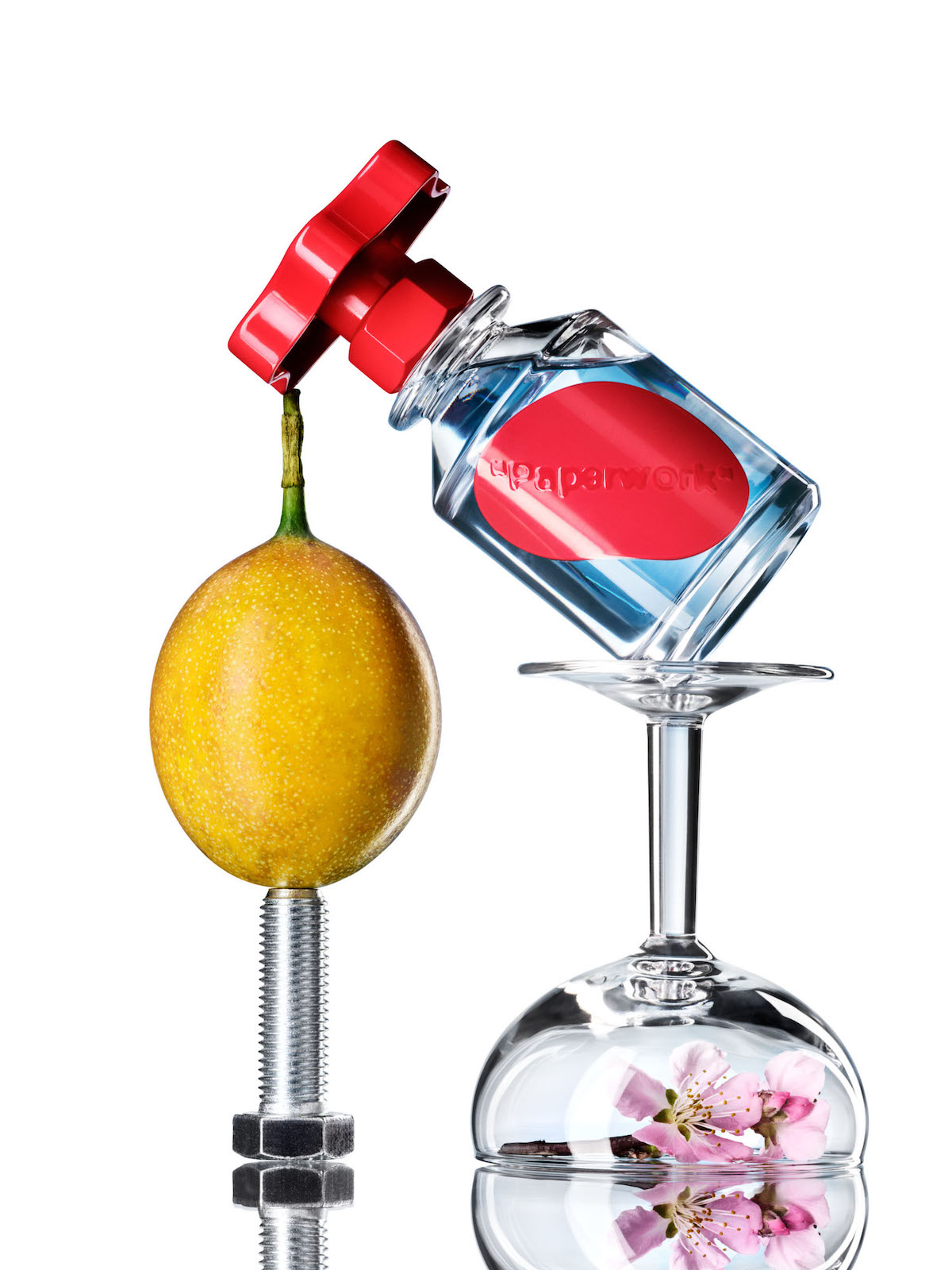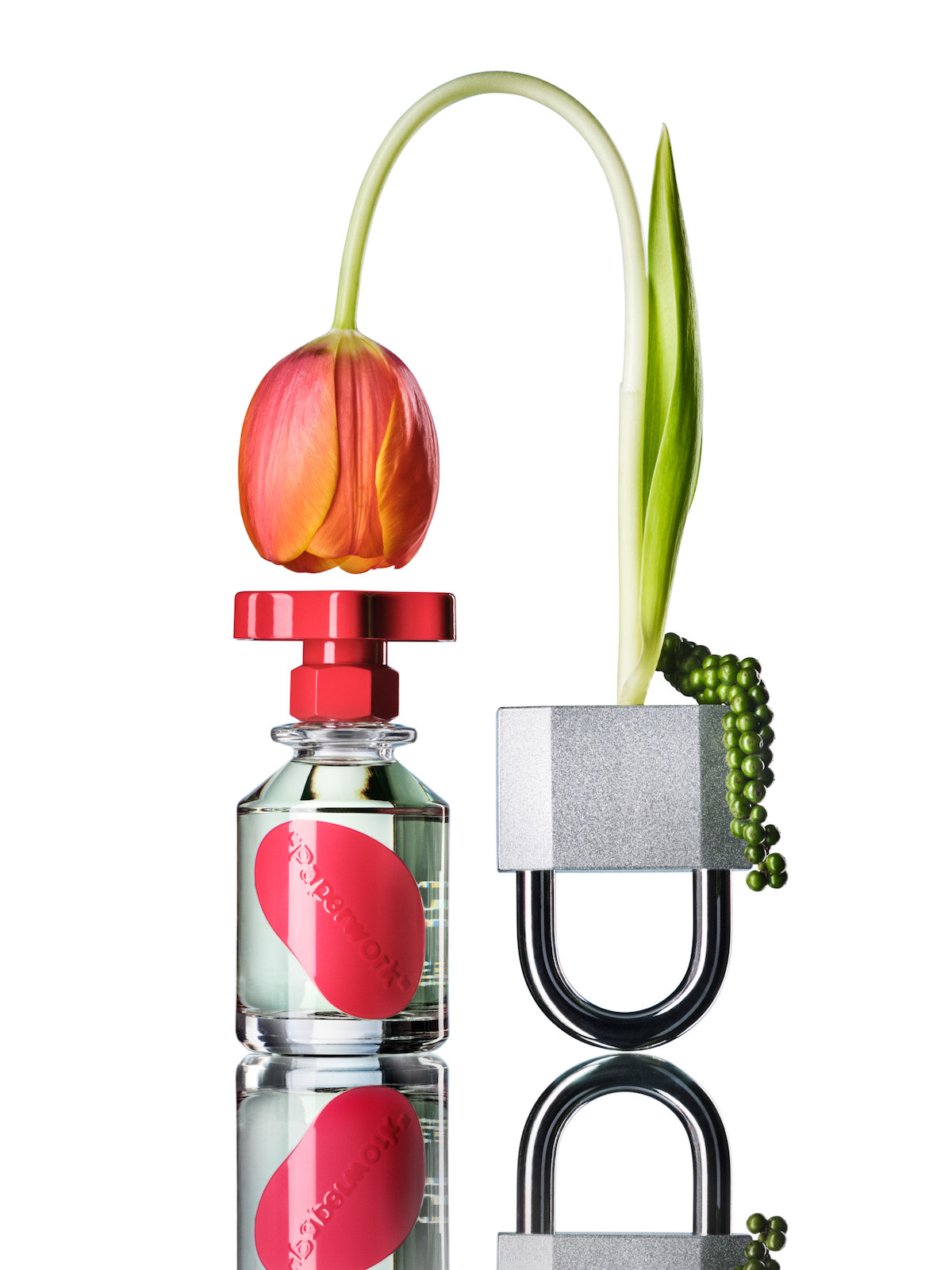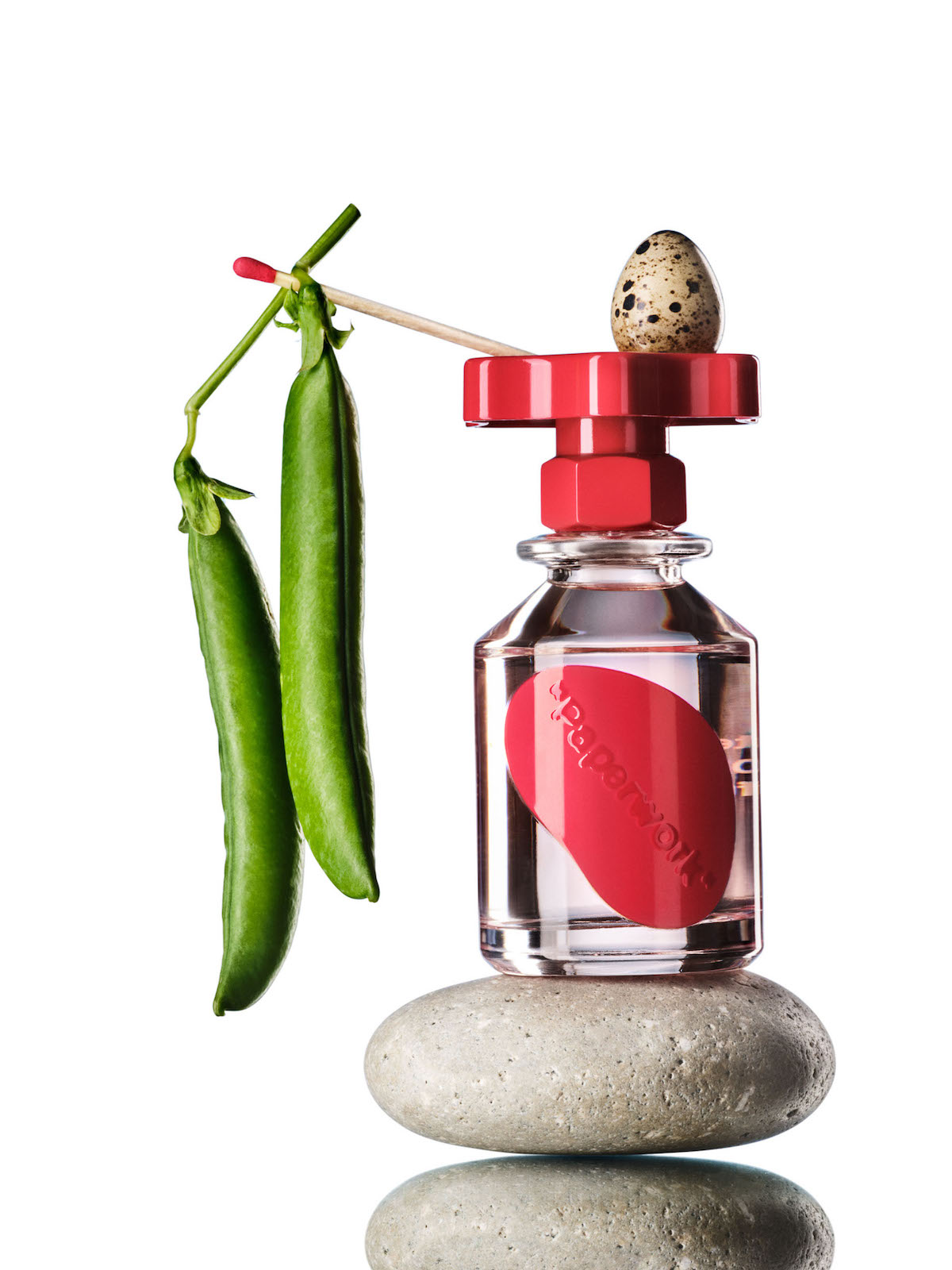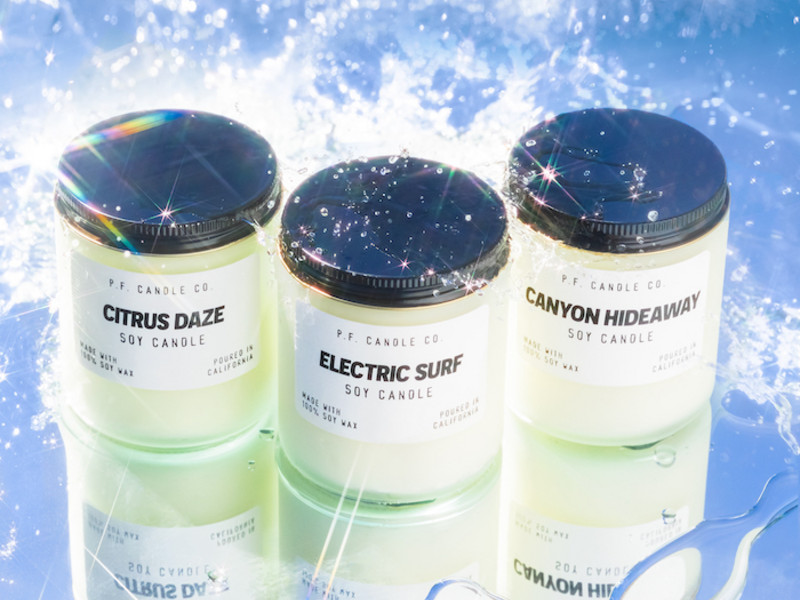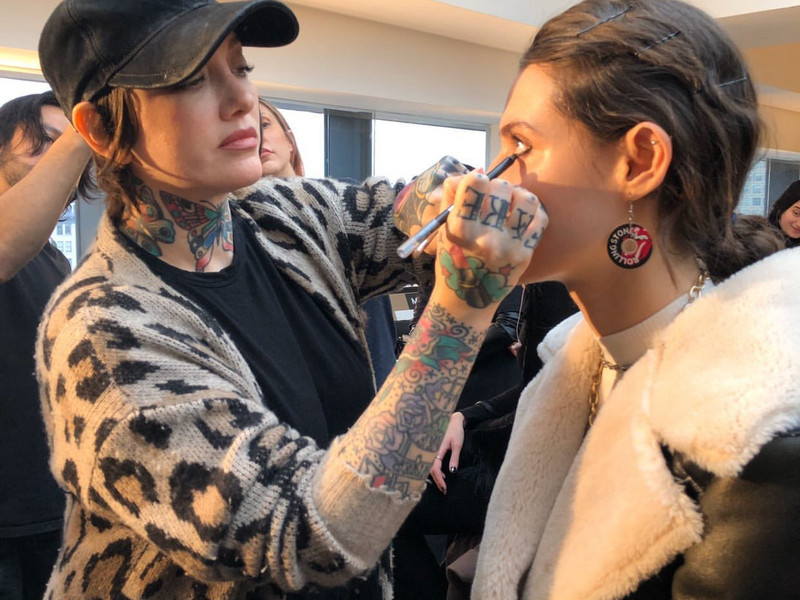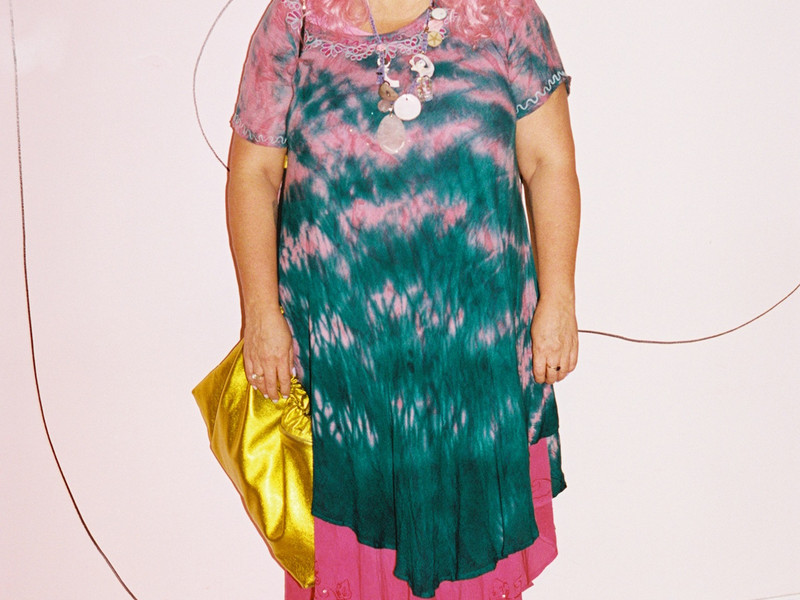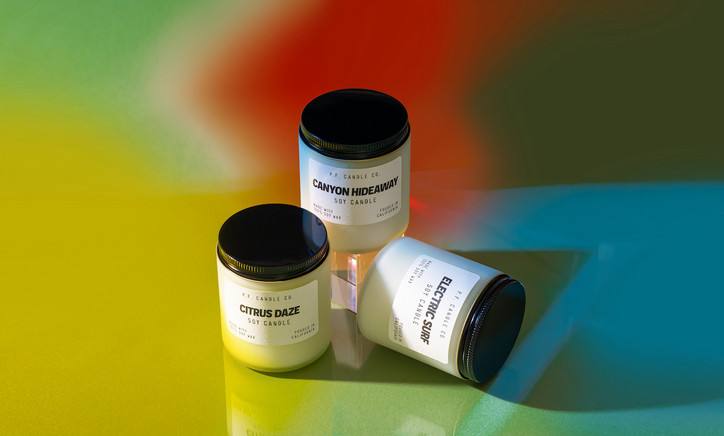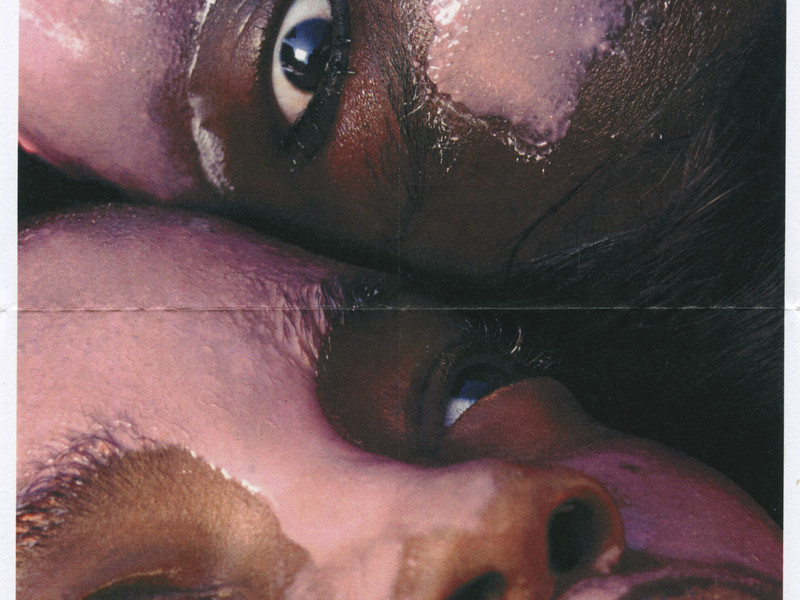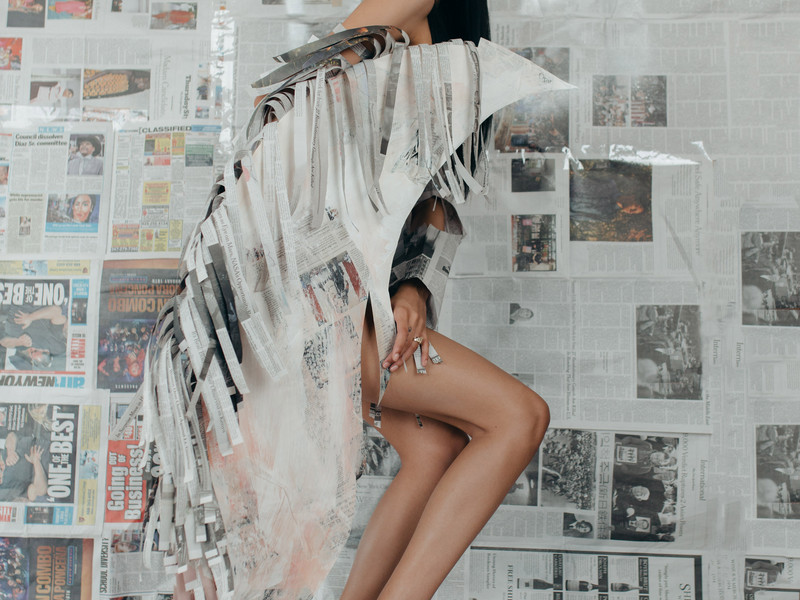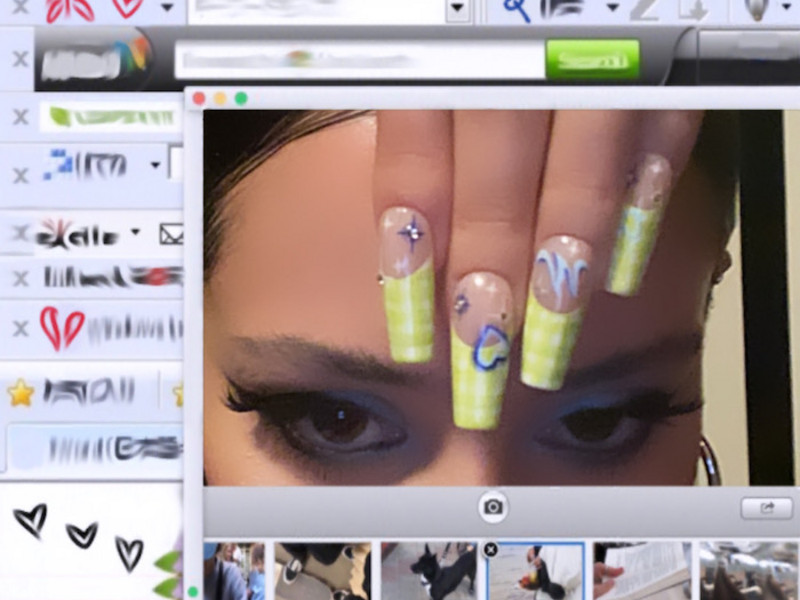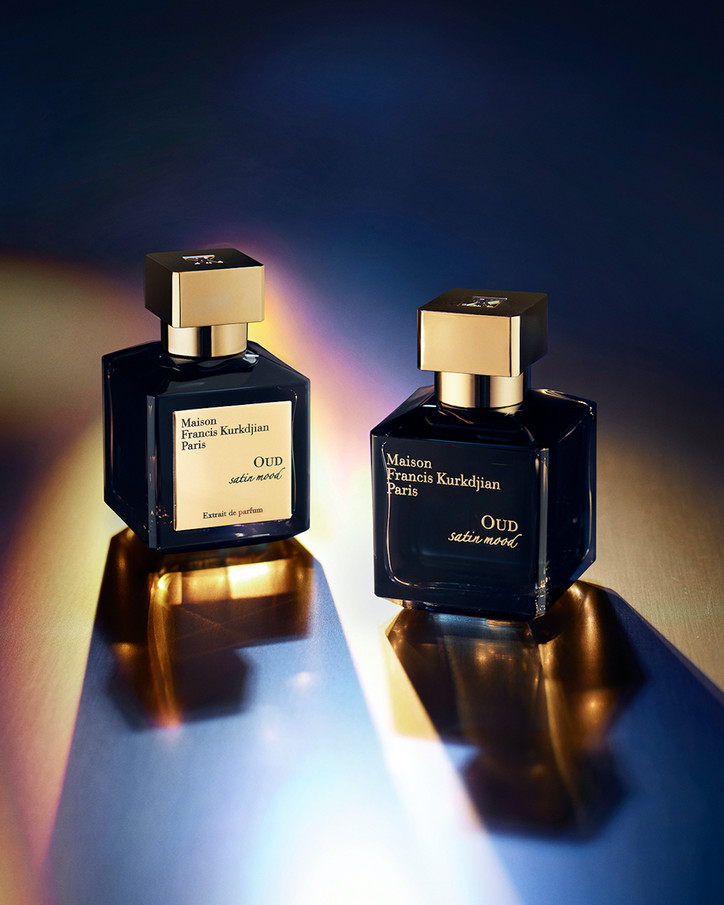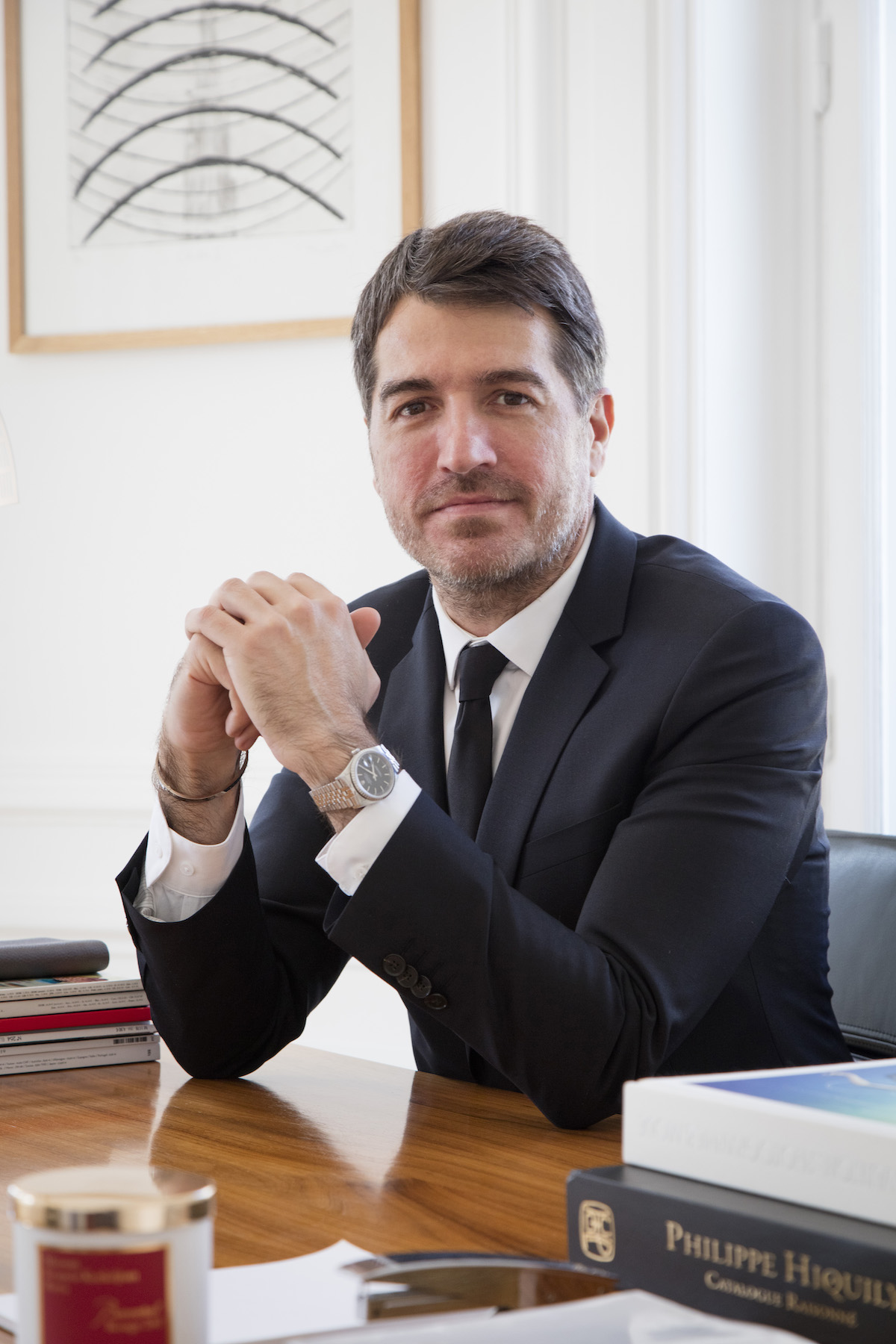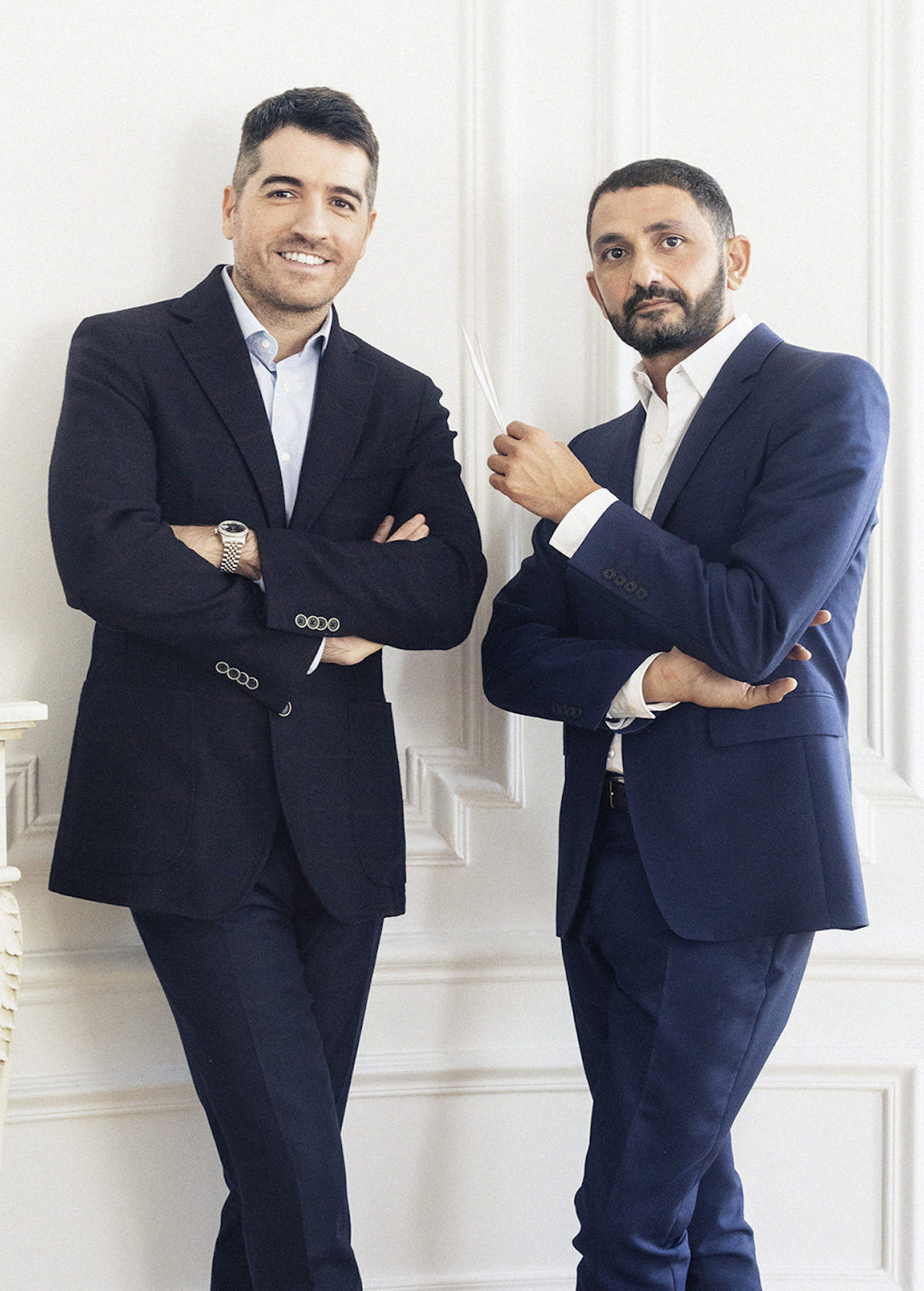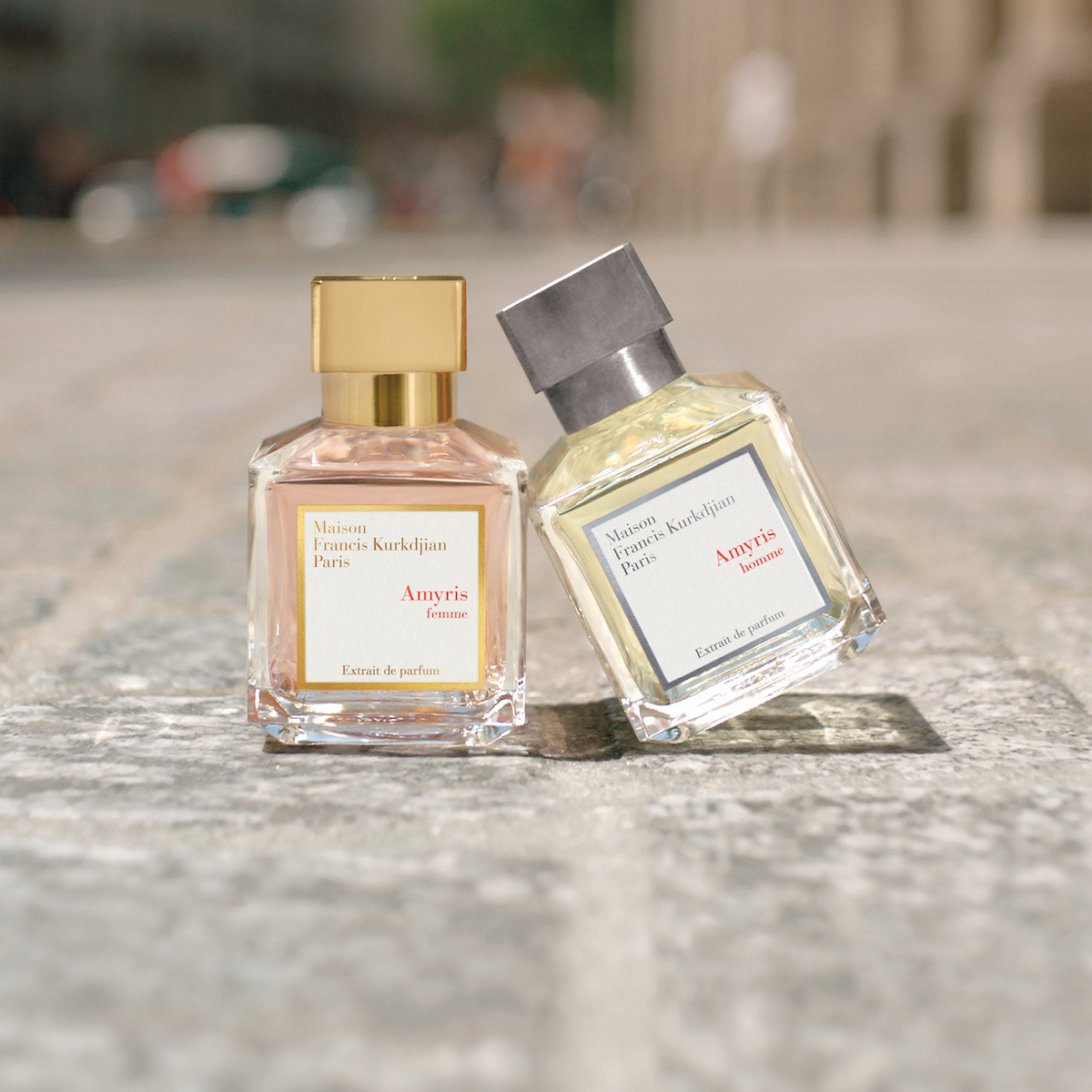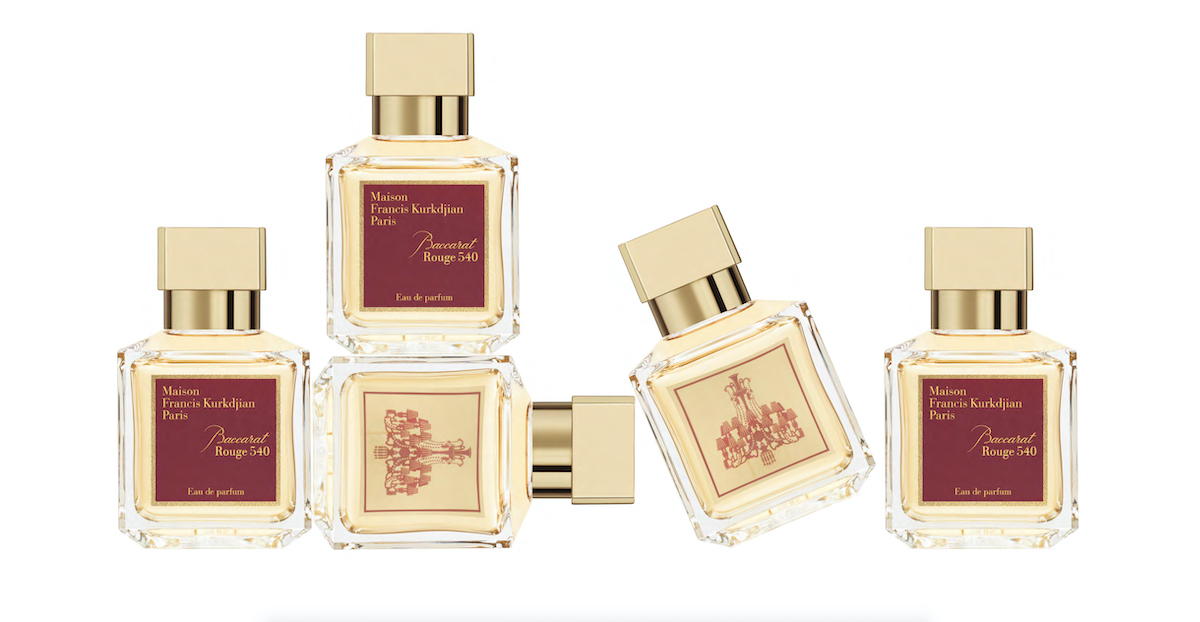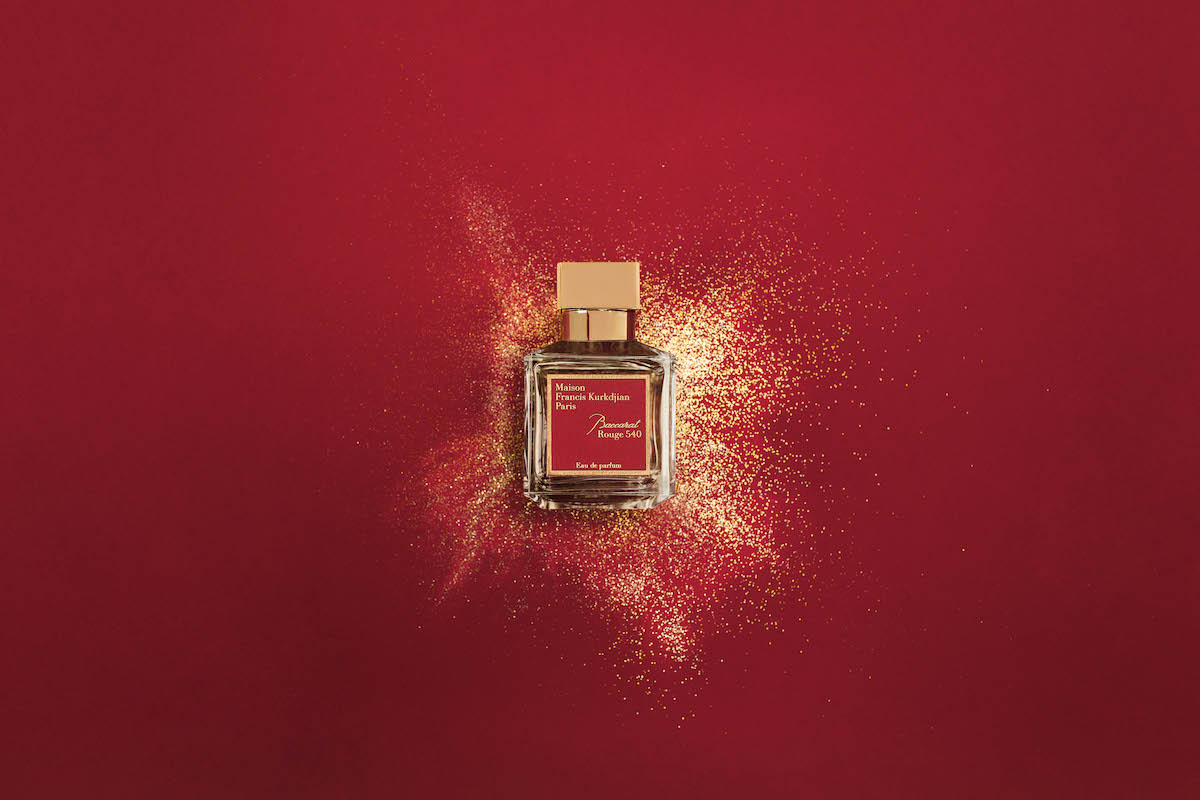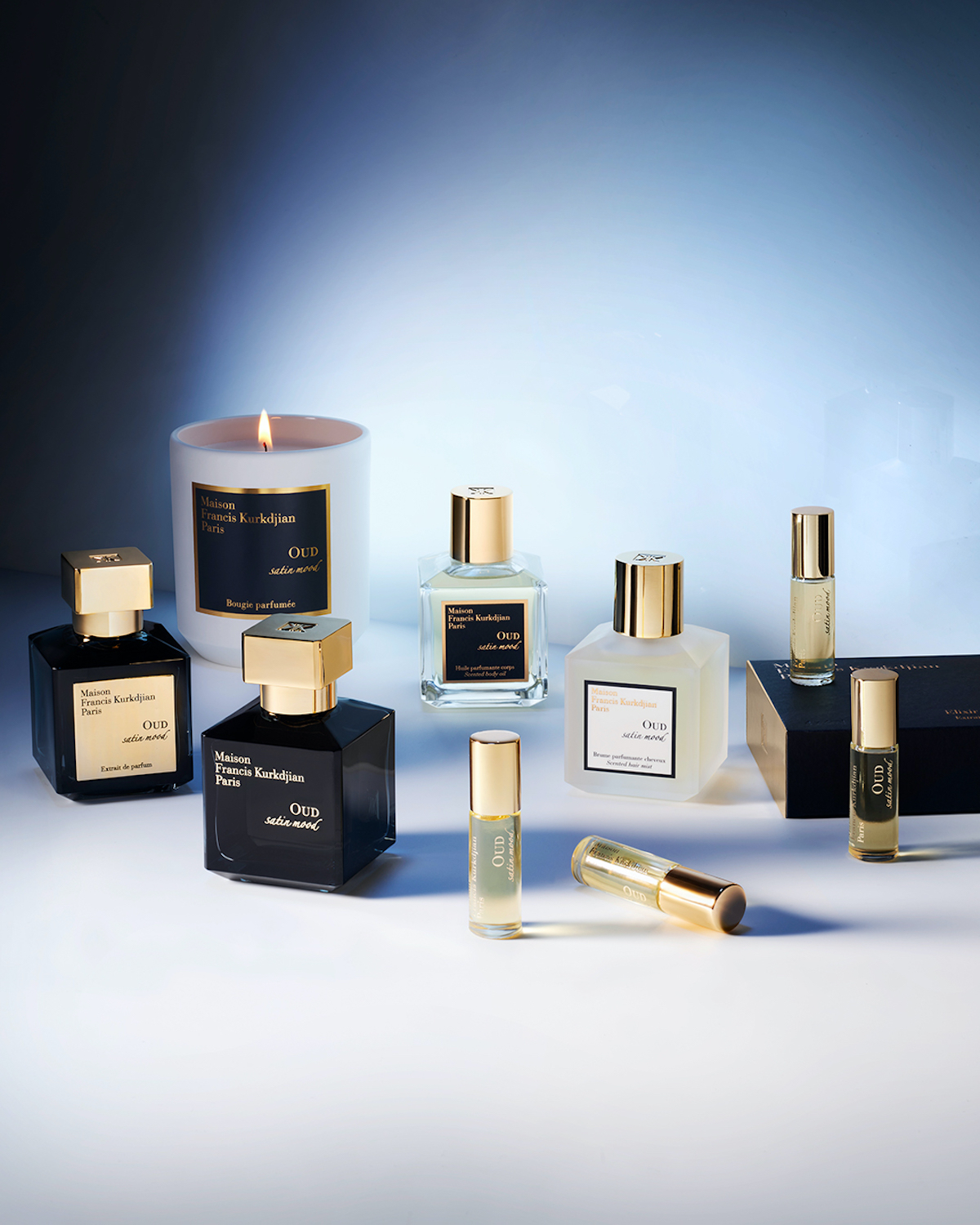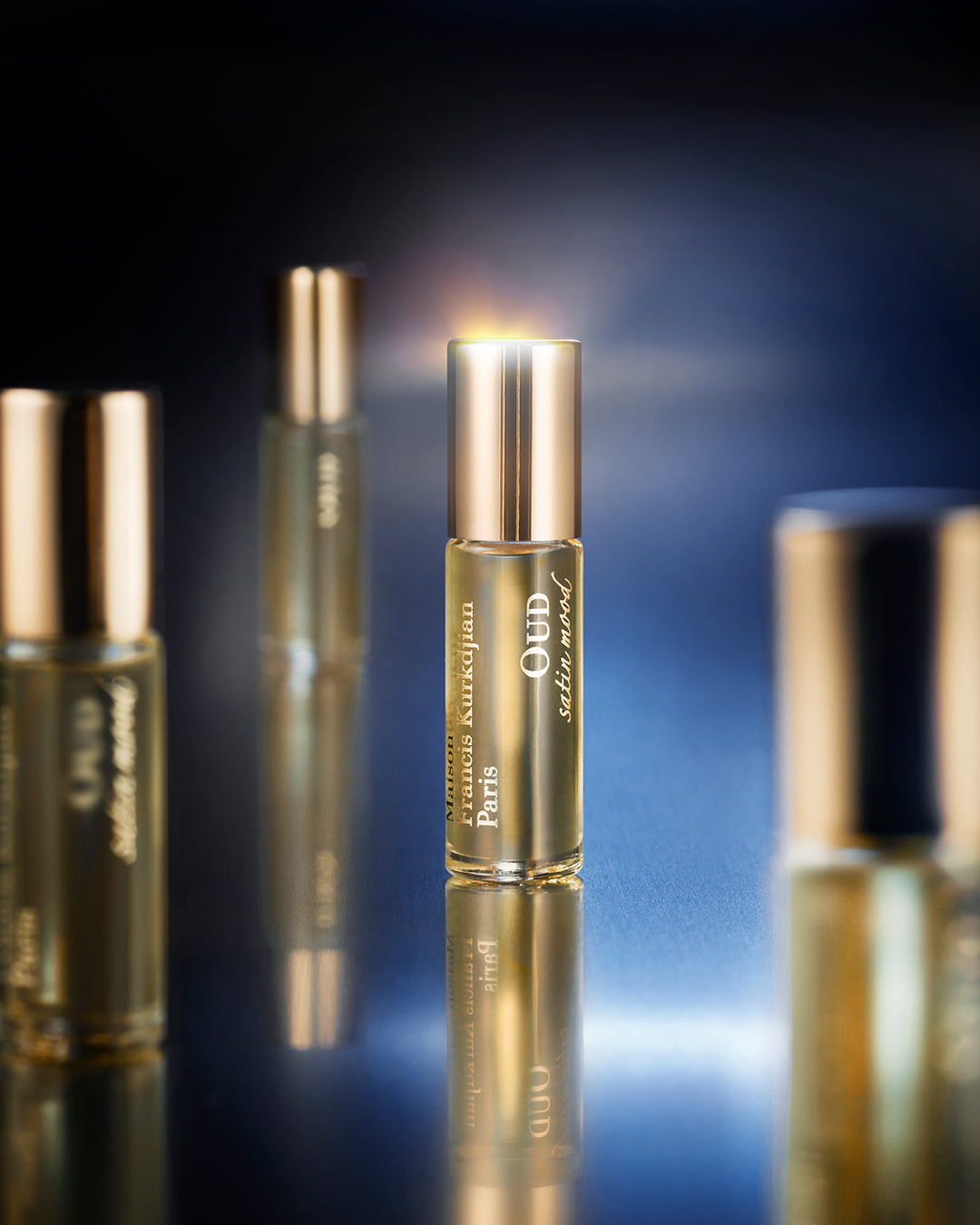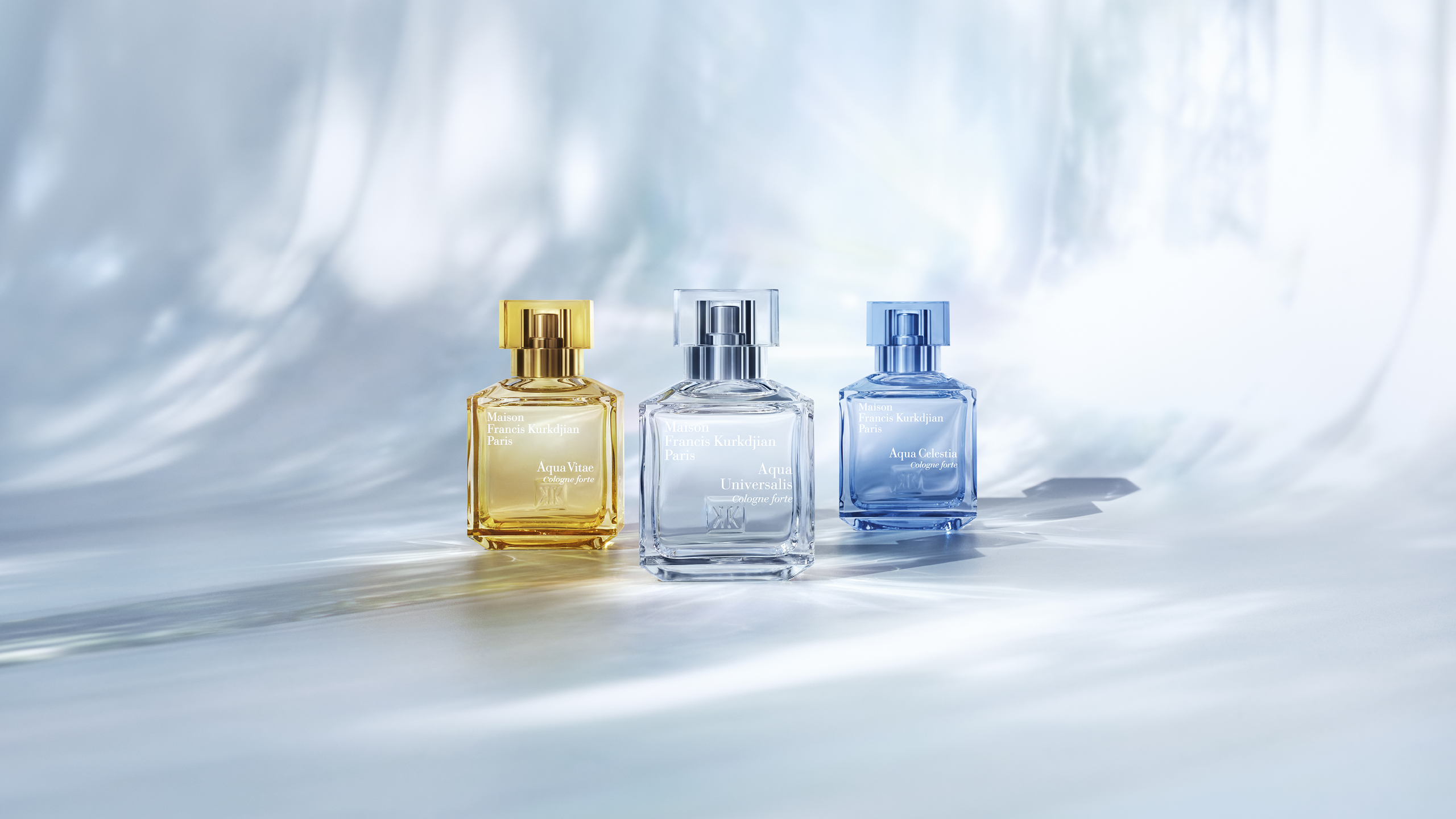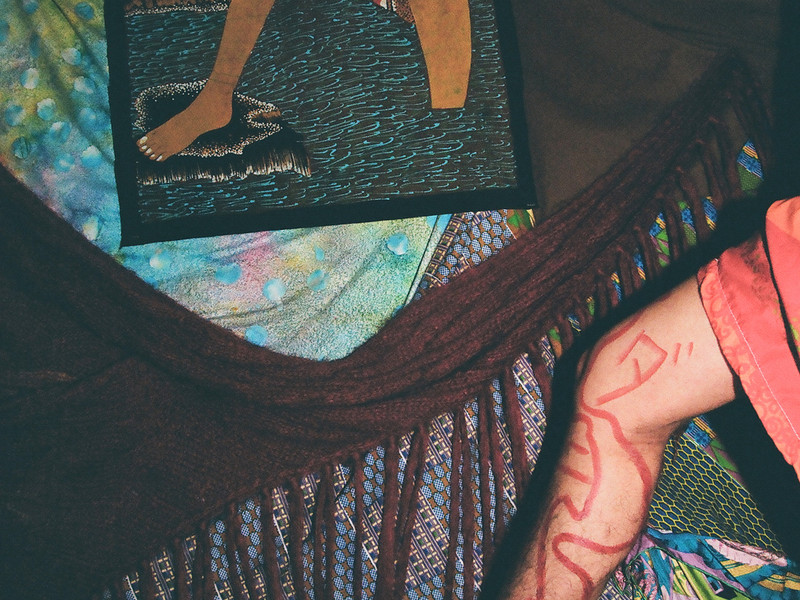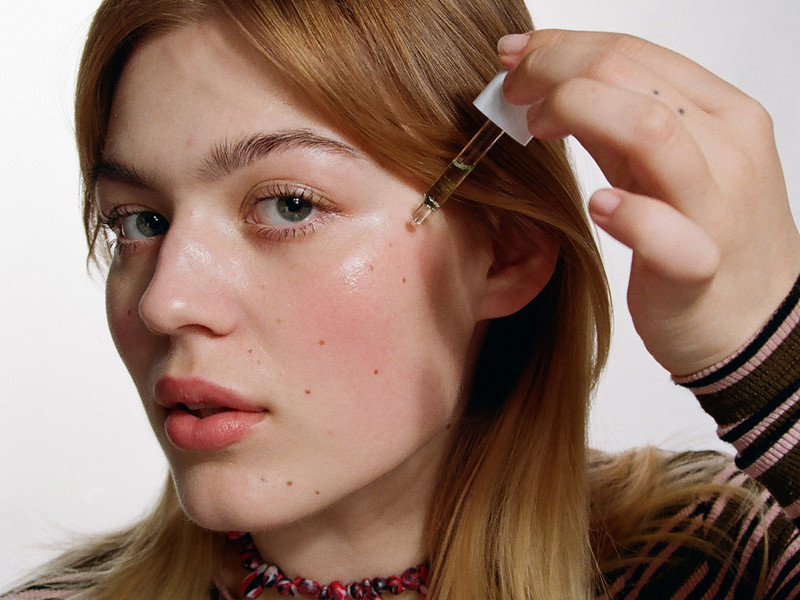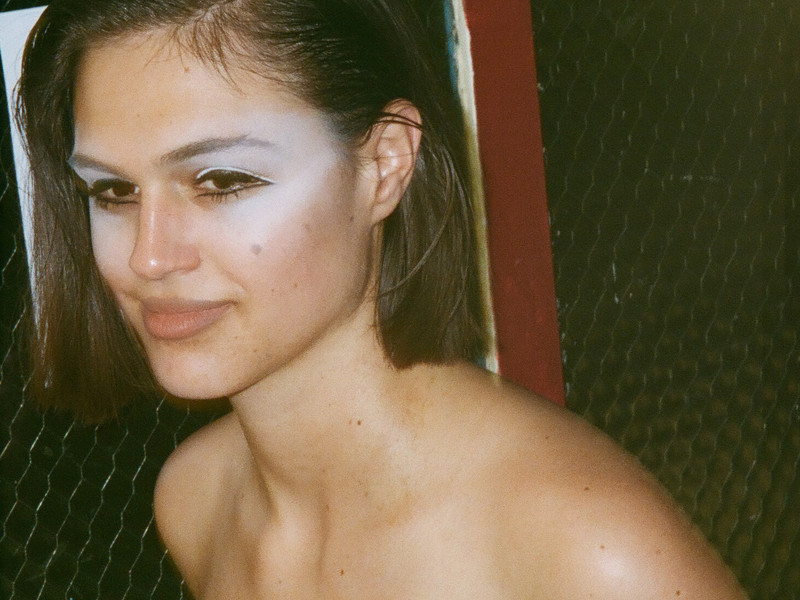When did you begin working in the perfume world?
I met Francis Kurkdjian as a friend, at a dinner party. And I learned that he was a perfumer. And at the time, I had no idea what a perfumer was, how the industry worked, et cetera. And we became very close friends. And with time, I started simply feeling that it was totally unjustified or — maybe to be stronger — unfair that an extraordinarily creative mind could not exist on his own, like a fashion designer, or an architect, or a celebrity musician could exist on her or his own. And, Francis was the perfumer behind extraordinary perfumes that really left an impact on the industry. Perfumes such as Jean-Paul Gaultier's 'le male' or Narciso Rodriguez's 'for her.' Some of them, I already had in my collection, yet I did not know his name.
And eventually, we started first a great friendship. We traveled together, we brainstormed a lot and the more I got to know the persona, the more I was fascinated by his overall creative genius. His dream was to scent the fountains of Versailles. His dream was to take perfume outside of the bottle into a wider artistic expression. I started really working with him on making his vision come true and making his vision come true in a sustainable fashion, artistically, strategically, but also from a business standpoint. Many years after we met and many years after we started collaborating, the idea became a certainty. The floating idea that carries the name and the vision of a celebrity perfumer could exist started moving from theory to reality. We had a very unique cornerstone in this industry— to be creative-driven, as opposed to marketing-driven. Our aim since day one, when we entered the industry and we decided to create our Maison, was to allow a genius perfumer to express his vision freely and to make sure that our marketing and the way we speak to our consumer is only the expression of the creative Idea. Marketing is at the surface of a creative idea. That's how it took me almost 10 years to move from being a consulting executive into a fragrance executive.
You're talking about this idea of taking the perfume out of the bottle, you're trying to sell something that will live outside of it. Do you remember the first project you tackled when attempting to transform this idea of perfume not just being a scent?
I remember it as if it was yesterday. We were very young. That was 17 years ago—almost 19 years ago. It was 2003. It all started one day, Francis came to me after we went to Japan, then we went to LA, and we ended up in New York, then Paris. And during that travel, we really got to know each other better. And he would relay to me his dream of scenting the fountains of Versailles. He thought it would be extraordinary to scent the fountains of Versailles, the Chateau of Versailles. Because in the past, when they threw parties, they used to scent the fountains because the ambient atmosphere was smelly. They were surrounded by a bad smell, and they would put fragrance inside the fountain to make the air more enjoyable. The scent would go into the water, from the water into the air, and they would, they were able to scent the gardens of their Versailles by putting perfume into the fountains. And his employer at the time was a fragrance lab.
And all that they could offer him was to do a collaboration with the food and beverage section. I would be like, "Oh my God, you are one of the greatest perfumers. Your ideas are extraordinary. They are uplifting. They are full of poetry. They are joyful, they are spectacular. And I would really want you to scent the fountains of Versailles, versus just collaborating on scenting the wine section of a supermarket." Even though it's a luxury supermarket, it's still the supermarket, and "You deserve more than that." And so, that's how the idea came into reality. Francis and our PR person at the time that was helping us went to see the CEO of the Chateau of Versailles, and the lady eventually became the minister of culture in France. And she said, "let's do it."`
The whole idea was to show that the expression of fragrance can go beyond structuring or creating scents to be layered on our skin, and could be a vector for creativity, for an art installation. It is a sense, you know, smelling is the sense that has been underused by humanity. We only use it to recognize food. We use it to recognize a good smell, but no one really taught us how to smell. And we never associated smell to something that is artistic, the way we associate color, music, structures, culture, and shapes.
You talked about this idea of creating poetry with your scents. What words do you think the brand whispers to its customers?
I would say poetry, joy, our number one is joy. We really want to awaken the childhood that sleeps inside every one of us. The joy, the uplifting, the exaltation — you can say that. The smile, anything that could make you smile, anything that we would make you feel happy. These are feelings that are very precious to our mission. We believe also in simple pleasures. You know, we believe that life can be full of great joys and simple pleasures. And that sometimes, you know, more can be less. For example, it's better to eat great pasta with fresh water than to eat bad pasta with hot champagne.
We want to bring joy to our friends, to our customers, and to our community, by offering them the freedom to live the way they want to wear their perfume, the way they want to experience their perfume. So, yeah, joy, childhood, all of these words resonate very strongly. But also another keyword is maybe Paris because Paris is our inspiration and not the cliche Paris.
